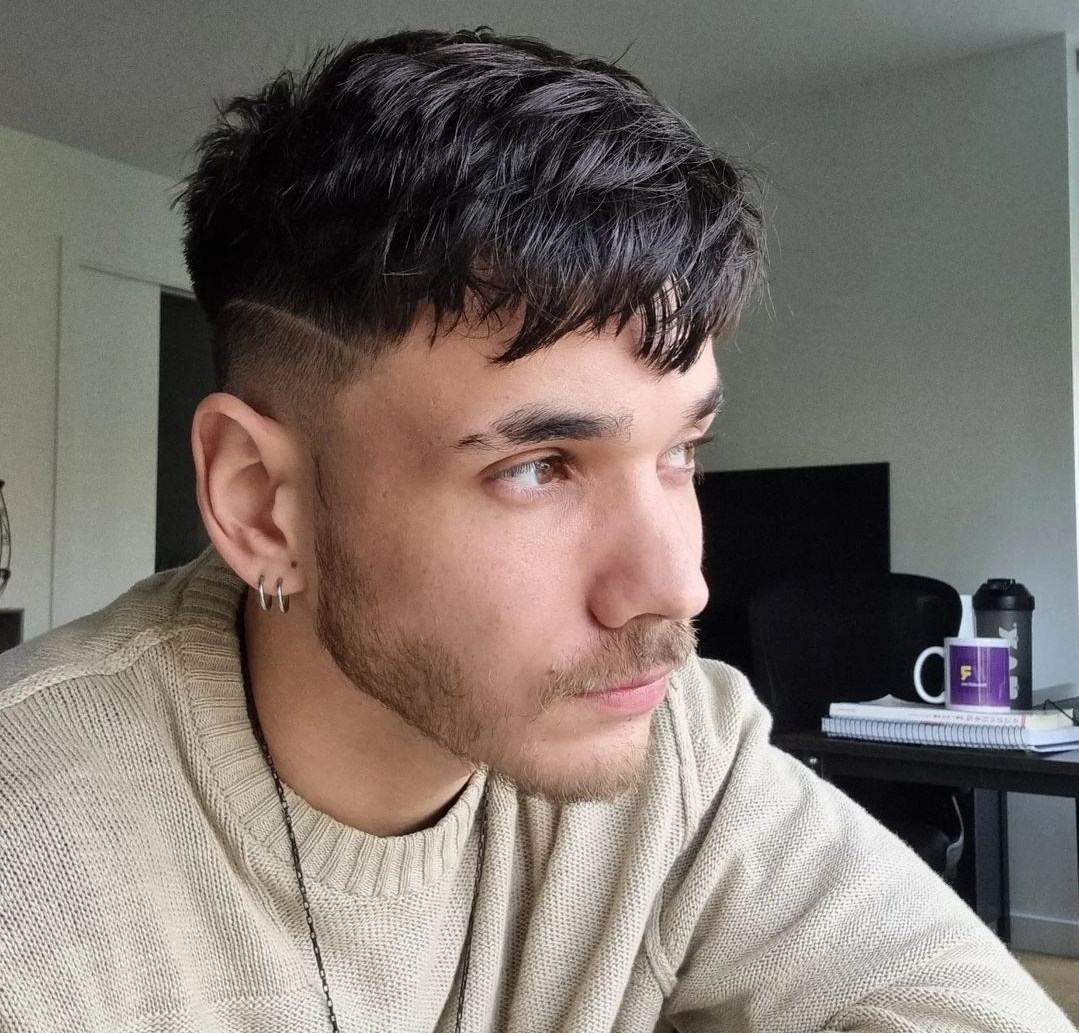Super Dash #3: Release and Results
 Gustavo Passos
Gustavo Passos
The game I’d been working on for years — on and off — was finally ready, and I could press the release button. Over the years, I moved overseas twice, changed jobs three times, and changed the scope more times than I can count. Finishing this project was important to me: it was my first commercial project and the thing that exhausted me most in my daily routine.
Even as a very small indie developer, it’s almost impossible not to have some kind of expectation about some unexpected success. My marketing strategy — if I could call it that — relied on posting on Reddit and Bluesky, showing it to friends, and emailing content creators. None of these had a great impact on the crucial process of wishlist gathering, and the game was released with around 300 wishlists.

The red line is the release date. I ended up getting more wishlists after hitting 10 reviews, which triggered the discovery queue and gave me more visibility than I ever had.
When I woke up on release day, I was struck by every possible impostor syndrome doubt about the game’s quality. I couldn’t even play it myself, and I cringed at the thought of showing it to others. I felt sad and uninspired — until I found a streamer who had played the game. Watching him have fun was enough to restore my strength. I watched him experience moments and it reminded how much effort I put on those.
In the end, the game sold around 50 copies — not even enough to pay for Steam’s $100 fee for creating the game’s page. Objectively, it was a failure. Not only was a lot of money spent (proportionally, for a solo dev), but also hours of my life I won’t get back. I gave up sleep, time with friends, and time with family to develop it. Finally, it’s hard to say if it was worth it.
Early in development, the goal was to create something simple so I could learn the intricacies of publishing on Steam. It needed simple programmer art I could do myself, but also a distinct mechanic to justify its existence. In that sense, the game met its goals — but after years of development, it’s hard not to develop higher expectations.
I now understand why most devs publish only one game and never return.
Emotionally, releasing a game has been incredibly rewarding. Having something to show people, seeing them play it and enjoy it even months after I last touched the source code is a nice feeling.
Developing and releasing the game has been a learning experience as expected. Most importantly I now know what I love about the development process and how much I hate marketing.
I thought finishing the game would make me a better developer by improving my coding or art skills. Instead, I’m better now because I understand why I want to make games, what types of games to make, and how much of my precious time should be invested in the craft.
Subscribe to my newsletter
Read articles from Gustavo Passos directly inside your inbox. Subscribe to the newsletter, and don't miss out.
Written by
